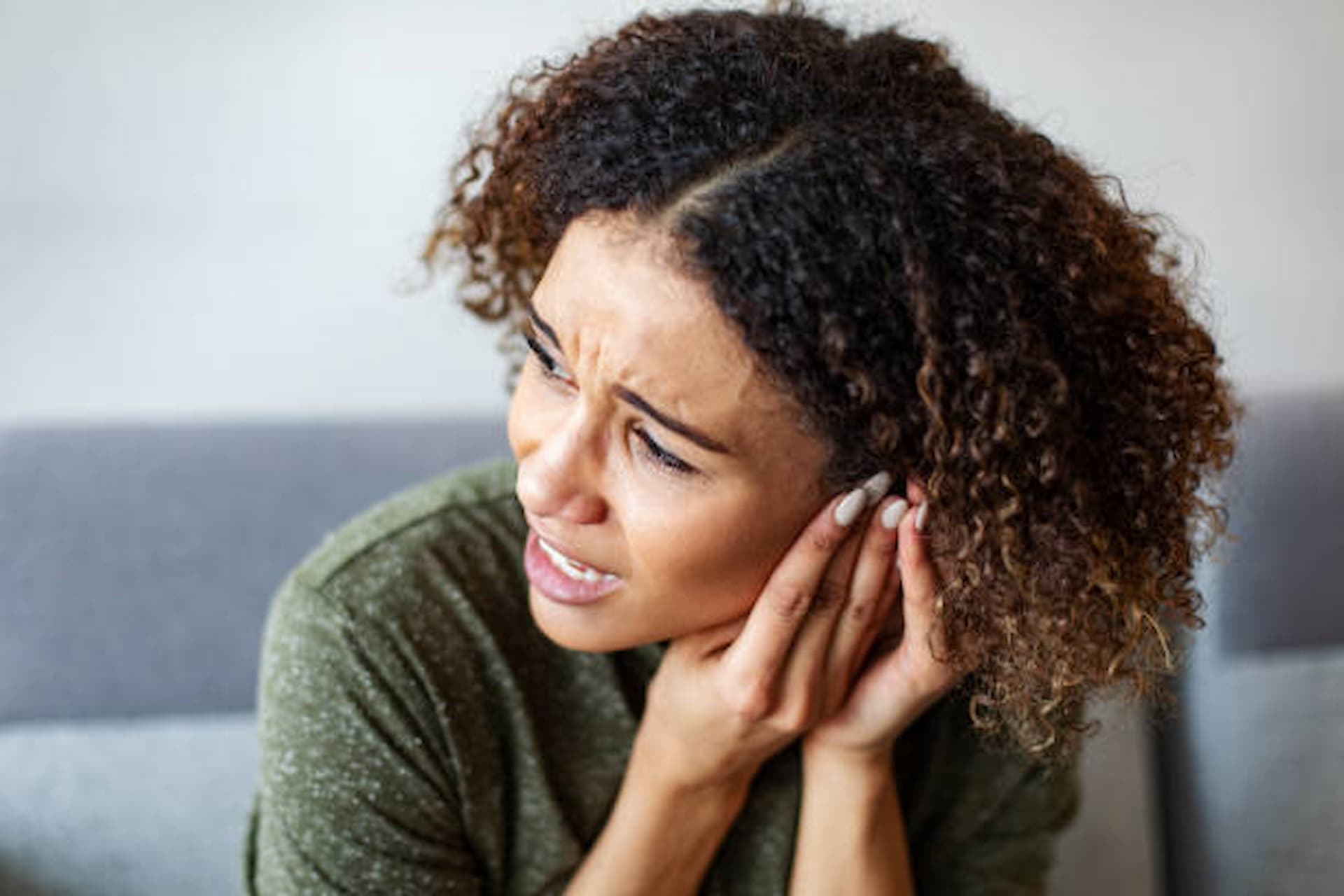An Introduction
The most common cause of hearing loss is damage to the cochlea (the organ in the inner ear that converts sound into an electrical signal). The cochlea contains many elements, including hair cells which convert sound waves of varying frequencies into nerve impulses. This is known as sensorineural hearing loss (SNHL) and involves damage to the nerve that sends signals along a pathway in your inner ear called the vestibular system. While hearing aids often don’t cause any problems with the hearing issue itself, they are a useful tool for amplifying or correcting it.
Types Of Damages
If there is damage or hearing loss, things can go wrong at a number of levels as follows:-
- The ear canal can become blocked, preventing fluid from getting to the inner ear.
- The nerves that send signals to your brain can be disrupted; this could affect your ability to hear.
- Your balance may become impaired and you’ll have problems with fine control of your movements.
The Causes Of Ear Pressure
Ear pressure can be a major problem for those with hearing loss. There are different causes, but all of them can lead to ear pressure. The most common cause of ear pressure is an abnormality in the way your ear works. Another cause of hearing loss is that the fluid in the middle ear doesn’t flow properly. The third cause of hearing loss is that you don’t hear as well as you should — and that’s probably the most common reason for getting an ear-pressure device, too.
How Can Ear Pressure Lead To Hearing Loss
Ear pressure is a problem that can be prevented by hearing aids. The first step in preventing ear pressure is to know what it is and what causes it. People often think that ear pressure is only caused by loud noise, but in fact, it can be caused by a wide variety of everyday noises — even little things like running your finger across your tongue or cutting yourself on a piece of glass.
The Symptoms Of Ear Pressure
If you’re concerned about the effects of ear pressure on your hearing, here are some of the symptoms that may indicate that you need an ear pressure hearing aid:
- Singing
- Singing in loud voices
- Talking aloud
- Talking in conversations
- Trying hard to understand a conversation
- Ears popping when you speak or hear people talking near you
- Ears making strange sounds when you talk (e.g., a squeak)
What Can People Do To Prevent Ear Pressure?
Ear pressure is a common cause of hearing loss. To prevent it, people should avoid any loud noises and use earplugs when listening to loud noises. Hearing aids can help by reducing the risk of ear pressure. But there are still other potential risks for those who use hearing aids. Hearing aids have a limited lifespan and users should take care not to damage them.
Conclusion
Ear pressure is a common problem among people trying to hear better. It can be caused by things like earwax and bacteria, and sometimes it’s not easy to tell the difference between these problems and hearing loss. One common approach is to use an ear pressure hearing aid, an instrument that uses sound waves to measure the pressure in your ears. This helps doctors diagnose whether or not you have mild or severe hearing loss.



Leave a Reply
You must be logged in to post a comment.